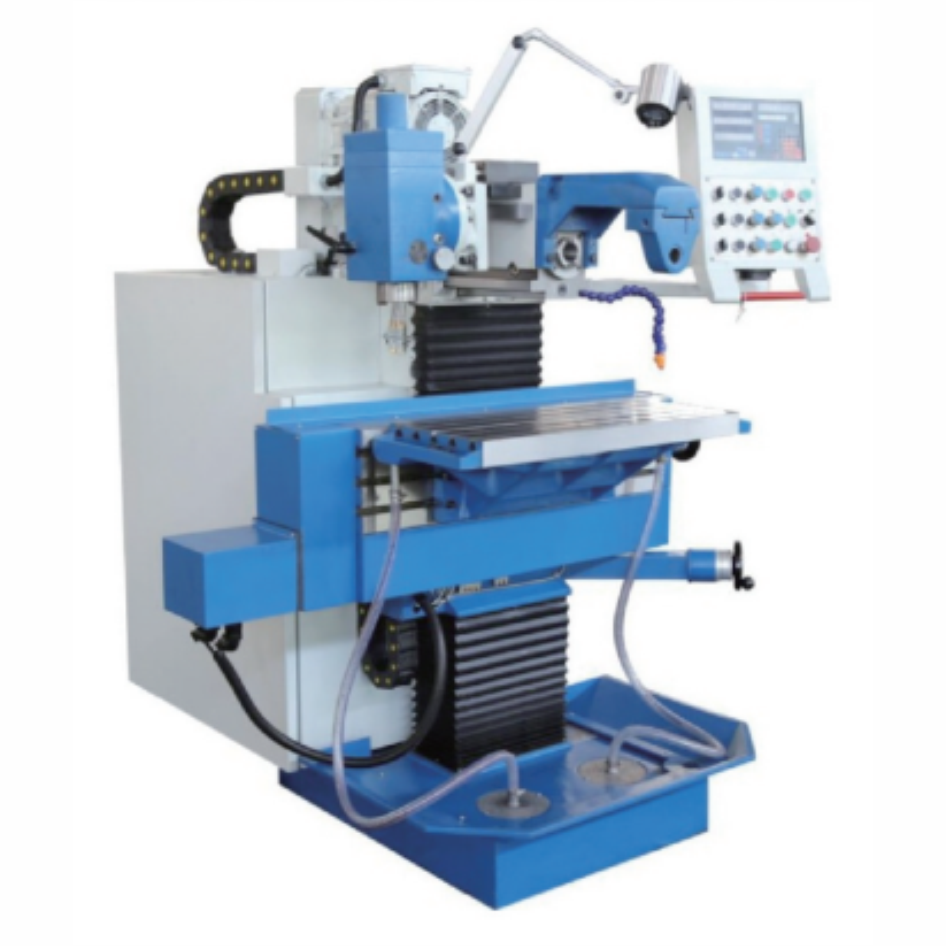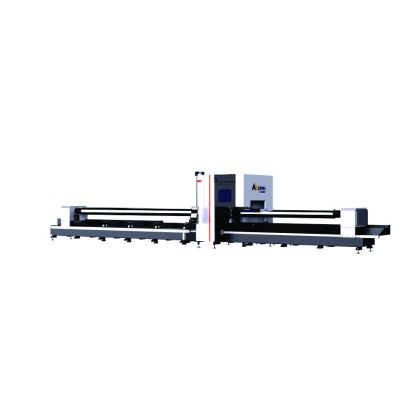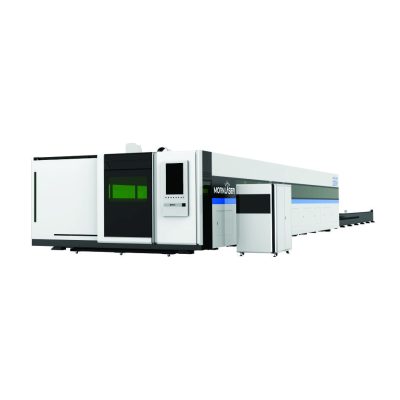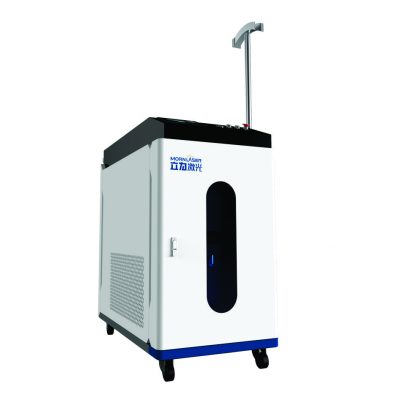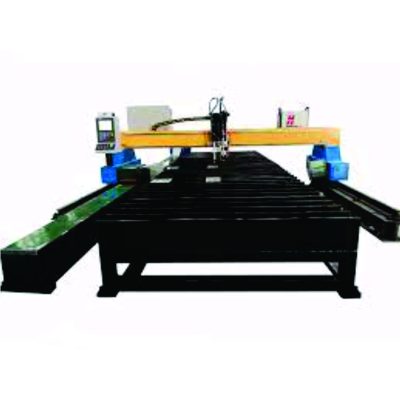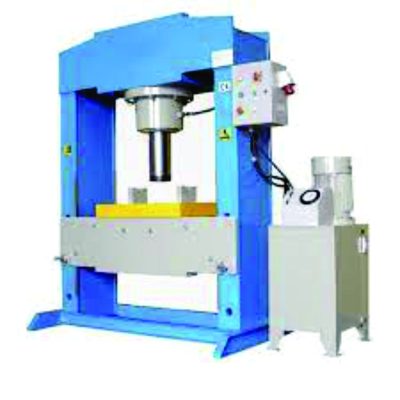Versatility: Milling machines can perform a wide range of operations, such as face milling, end milling, drilling, tapping, and slotting. This versatility makes them suitable for machining various materials, including metal, plastic, wood, and composites.
Precision and Accuracy: Milling machines are capable of achieving high levels of precision and accuracy in machining. This is crucial for applications that require tight tolerances and fine surface finishes.
Mass Production: Milling machines are well-suited for mass production processes. They can efficiently produce large quantities of identical or similar components, making them valuable in manufacturing industries.
Complex Geometry: Milling machines can create intricate and complex shapes and contours. This capability is particularly useful in industries such as aerospace and automotive, where intricate parts and components are common.
Customization: Milling machines allow for the customization of parts and components. By using different cutting tools and adjusting parameters, operators can achieve specific shapes, sizes, and surface finishes based on project requirements.
Efficiency: Milling machines can remove material quickly, leading to efficient machining processes. This efficiency is beneficial for reducing production times and costs.
Multi-Axis Machining: Many milling machines offer multi-axis capabilities, allowing for simultaneous movement along multiple axes. This feature is useful for machining complex parts and creating three-dimensional shapes.
Tooling Flexibility: Milling machines can accommodate a variety of cutting tools, such as end mills, face mills, and drills. This flexibility enables operators to use the most appropriate tool for the specific machining operation, leading to better results.
Automation Integration: Modern milling machines often support automation and computer numerical control (CNC) technology. This allows for precise control of the machining process and the ability to automate repetitive tasks.
Surface Finish Improvement: Milling machines can achieve excellent surface finishes on workpieces. This is essential for applications where a smooth and polished surface is required, such as in the production of molds and dies.
Tool Life Optimization: Milling machines offer features that help optimize the life of cutting tools. Parameters such as cutting speed, feed rate, and depth of cut can be adjusted to maximize tool life and minimize tool wear.
|

